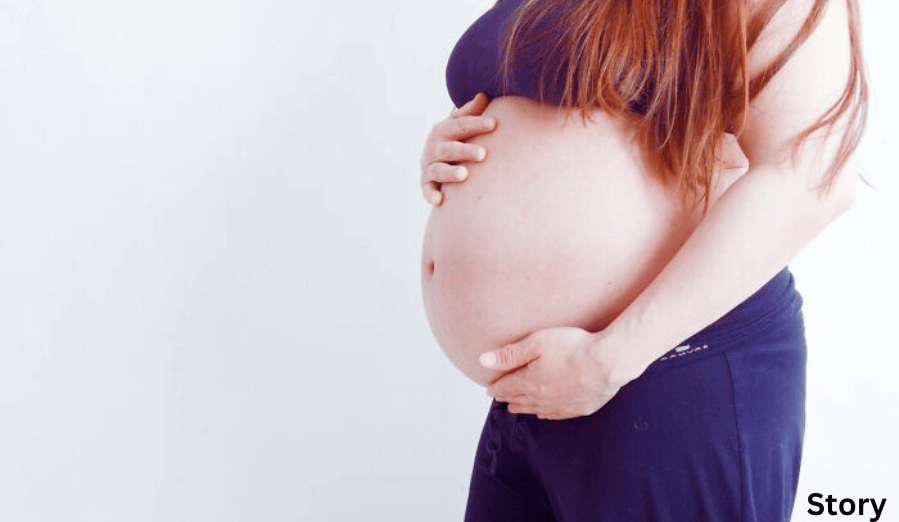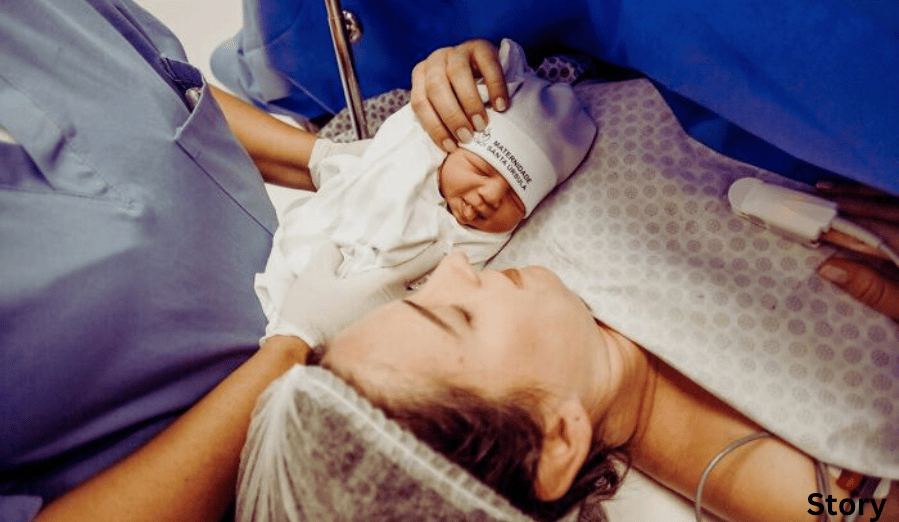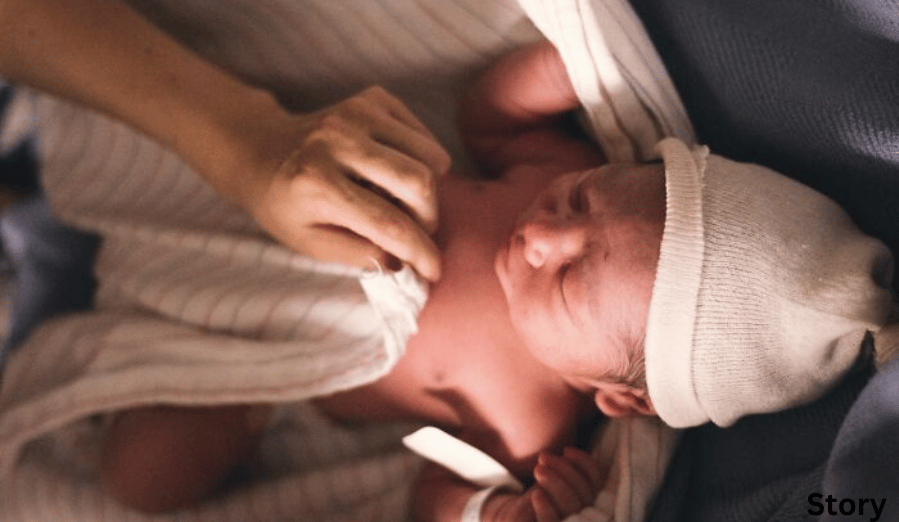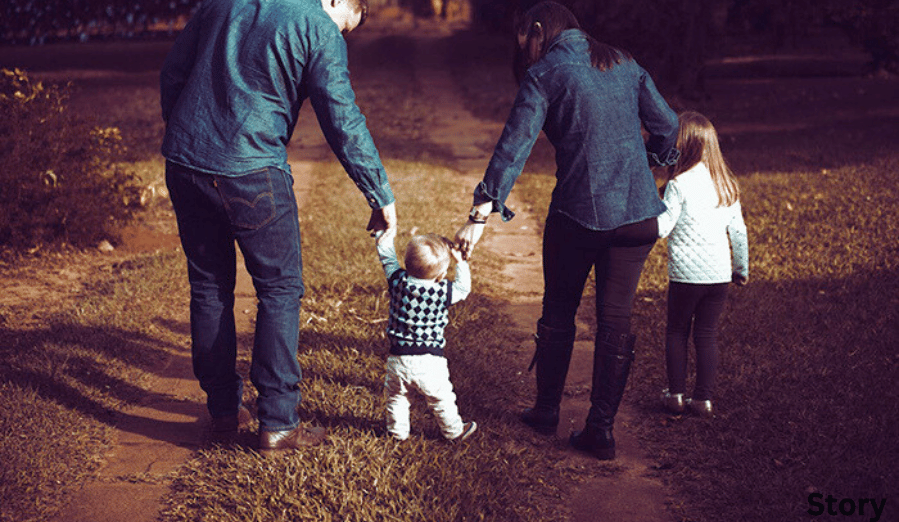
The miracle of life is a powerful experience, but it comes with a reality check that’s not often discussed by many. Activist Abigail Porter has created “The List,” a collection of over 100 reasons people might reconsider having kids. The list highlights the physical, financial, and lifestyle challenges of pregnancy and parenthood, urging people to understand what they’re getting into. Let’s explore the key aspects of her list, including insights from Porter and documentary filmmaker Therese Shechter on why choosing child-free is a valid, empowering decision. For more information visit:
1. Pregnancy: The Unseen Physical and Emotional Toll

Abigail Porter’s list begins with the realities of pregnancy, a phase that’s often glamorized yet involves numerous physical and emotional challenges. Common issues include morning sickness, drastic body changes, and risks like preeclampsia and diastasis recti (abdominal separation). Some less-known conditions include:
Pemphigoid gestationis:
An allergy to one’s skin
Lanugo:
A fine hair layer babies shed inside the womb, sometimes leading to unique complications.
Chromhidrosis:
A rare condition where sweat can turn unusual colors due to hormone changes.
Porter emphasizes that these experiences often go unmentioned, leaving many women shocked by the intensity of pregnancy. This honesty allows potential parents to better understand the reality, rather than an idealized version, of the journey.
2. Childbirth: Beyond the Happy Moment

Porter’s list dives into the intensity of childbirth, covering painful details like prolonged labor, which can last hours or, in extreme cases, days. There’s also the common occurrence of episiotomies (surgical cuts to aid delivery), the risk of hemorrhoids, and unexpected experiences like placenta delivery (where mothers must expel the placenta post-birth). Epidurals, while helpful for pain, can also bring lasting side effects. In one instance Porter mentioned, a woman’s epidural was accidentally unplugged mid-labor, causing her intense pain. These stories highlight the fact that childbirth doesn’t always unfold as a fairytale moment—it’s a profound and often painful process.
3. Postpartum Realities: The Often-Overlooked Phase
For many new parents, the postpartum period comes as a shock. Porter details issues like postpartum hair loss, milk leakage, and mastitis (a painful breast infection). Some parents experience incontinence, while others find themselves dealing with sleepless nights and baby-related tasks like diaper blowouts, cleaning spit-up, and more. Beyond physical challenges, many parents face mental health struggles in this period, as they navigate the demands of caring for a newborn and the sudden lifestyle change. Porter advocates for awareness of these issues, stressing that parenthood should be an informed choice.
4. The Cost of Parenthood: Financial and Lifestyle Impacts

Parenting is not only physically demanding but financially draining. The average cost of raising a child until age 17 is around $310,605, with additional expenses if parents choose to cover college tuition. Porter highlights costs beyond the basics, from daycare expenses to replacing damaged household items due to a child’s curiosity. For those on the fence about kids, the financial commitment is significant, potentially leading to trade-offs in career or lifestyle ambitions. Many adults today, especially women, prefer a life free from these financial strains. According to Pew Research, 47% of adults under 50 in the U.S. are unlikely to have kids, citing financial freedom as a key factor.
5. Embracing a Childfree Life: Porter and Shechter’s Perspective

For Porter, the decision to stay child-free allows her spontaneity and financial independence, which she values highly. In conversations with award-winning filmmaker Therese Shechter, a proponent of the child-free lifestyle, Porter discusses why women should have the freedom to decide whether motherhood is right for them, free of judgment or societal pressure. Shechter explains that choosing a child-free life doesn’t equate to rejecting family values or hating children; rather, it’s about embracing personal goals, experiences, and happiness. She recommends taking time to reflect on personal desires versus external expectations before making a decision.
6. The Empowerment of Informed Choice
Porter’s project centers on informed consent, encouraging people to weigh the pros and cons carefully before starting a family. She asserts that understanding the realities of parenthood helps individuals make choices that best align with their life goals and preferences. With the stigma around choosing not to have kids slowly lifting, Porter’s message resonates with a growing number of adults who prioritize freedom, financial security, and self-fulfillment. Porter’s perspective encourages a cultural shift, where choosing to be childfree is seen not as selfish, but as a path to personal empowerment.


